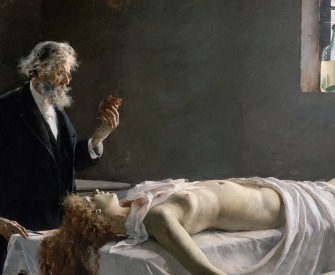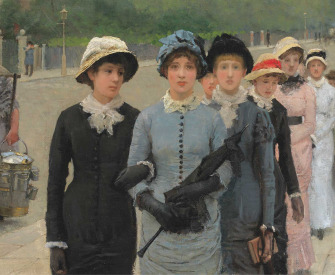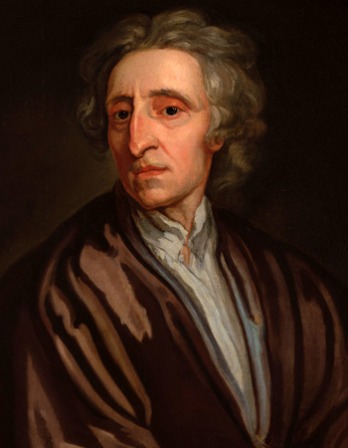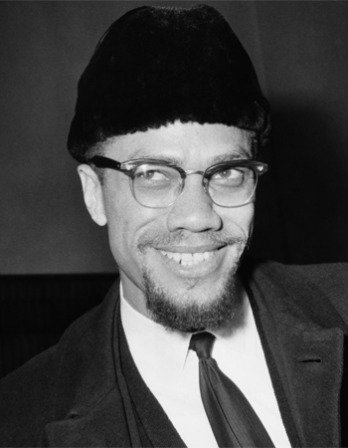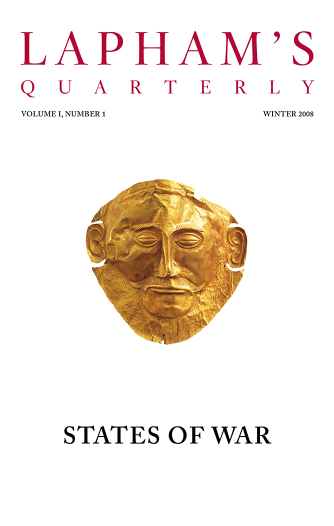Liberty is not itself government. In the wrong hands—in hands unpracticed, undisciplined—it is incompatible with government. Discipline must precede it—if necessary, the discipline of being under masters.
Then will self-control make it a thing of life and not a thing of tumult: a tonic, not an insurgent madness in the blood. Shall we doubt, then, what the conditions precedent to liberty and self-government are, and what their invariable support and accompaniment must be, in the countries whose administration we have taken over in trust and particularly in those far Philippine Islands whose government is our chief anxiety? We cannot give them any quittance of the debt we ourselves have paid. They can have liberty no cheaper than we got it. They must first take the discipline of law, must first love order and instinctively yield to it. It is the heathen, not the free citizen of a self-governed country, who, “in his blindness bows down to wood and stone, and don’t obey no orders unless they is his own.” We are old in this learning and must be their tutors.
But we may set them upon the way with an advantage we did not have until our hard journey was more than half-made. We can see to it that the law which teaches them obedience is just law and evenhanded. We can see to it that justice be free and unpurchasable among them. We can make order lovely by making it the friend of every man and not merely the shield of some. We can teach them by our fairness in administration that there may be a power in government which, though imperative and irresistible by those who would cross or thwart it, does not act for its own aggrandizement, but is the guarantee that all shall fare alike. That will infinitely shorten their painful tutelage. Our pride, our conscience will not suffer us to give them less.
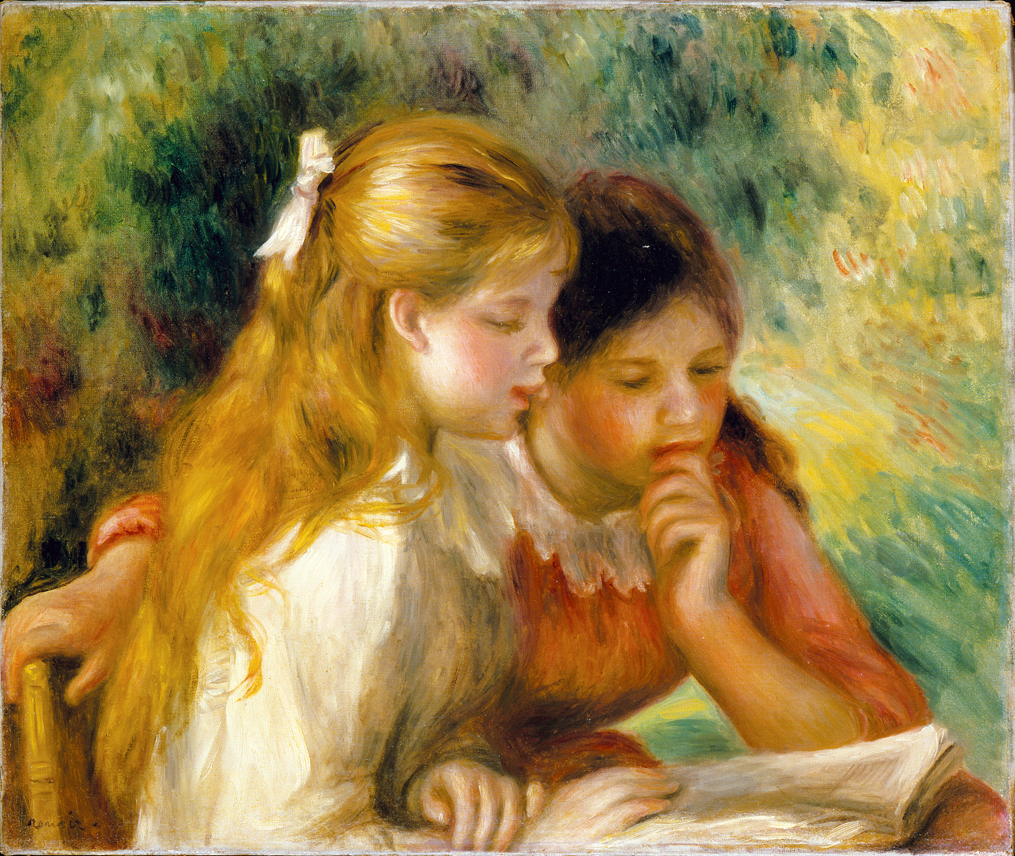
Reading, by Pierre-Auguste Renoir, c. 1890–1895. Louvre Museum, Paris, France
The whole solution lies less in our methods than in our temper. We must govern as those who learn and they must obey as those who are in tutelage. They are children and we are men in these deep matters of government and justice. If we have not learned the substance of these things, no nation is ever likely to learn it, for it is taken from life and not from books. But though children must be foolish, impulsive, headstrong, unreasonable, men may be arbitrary, self-opinionated, impervious, impossible, as the English were in their Oriental colonies until they learned. We should be inexcusable to repeat their blunders and wait as long as they waited to learn how to serve the peoples whom we govern. It is plain we shall have a great deal to learn: it is to be hoped we shall learn it fast.
From “The Ideals of America.” The president of Princeton University and the governor of New Jersey before being elected president of the United States in 1912, Wilson during the years immediately preceding and following the Civil War grew up in Georgia, Virginia, and North and South Carolina. He once said of the South that it was “the only place in the world where nothing has to be explained to me.”
Back to Issue


